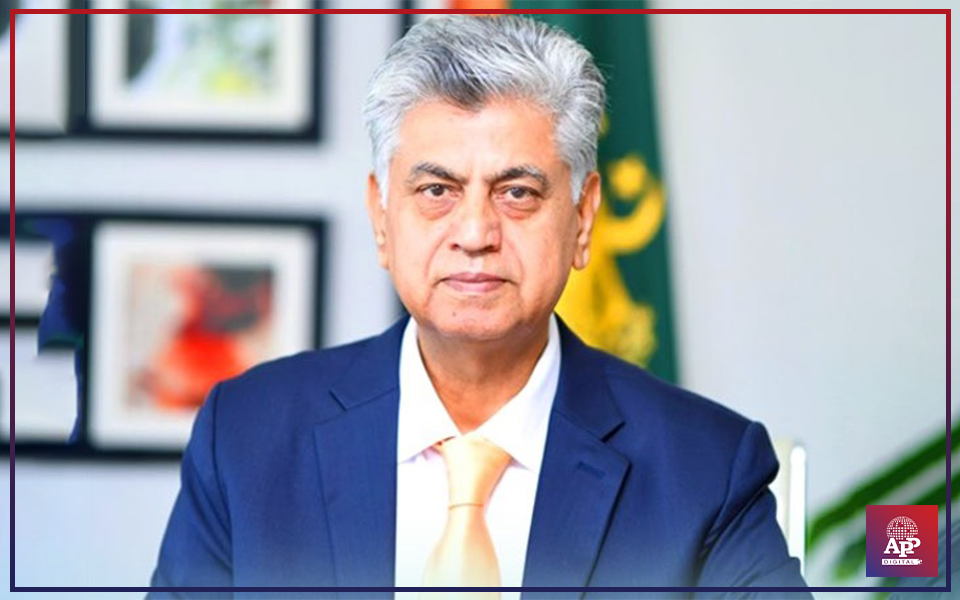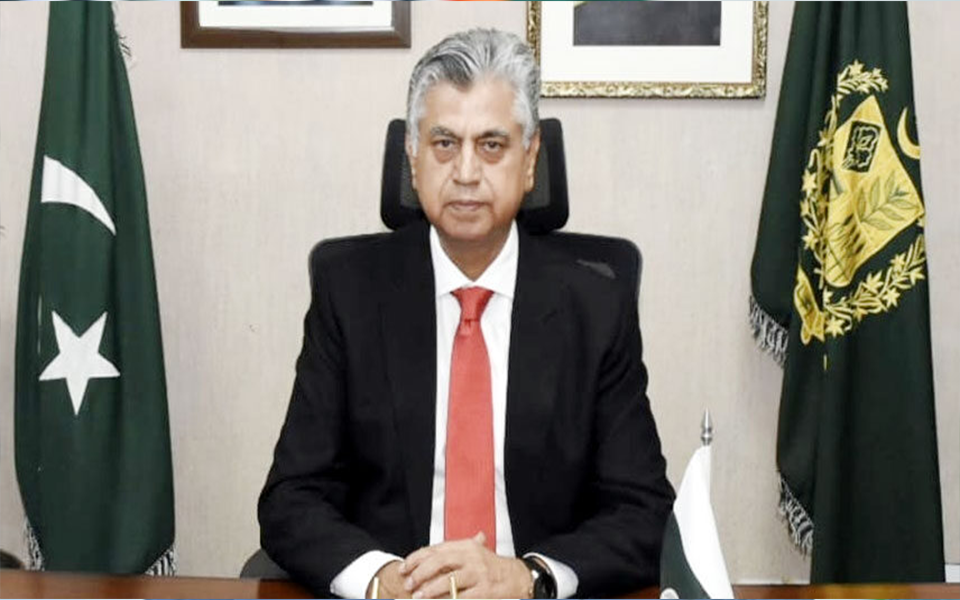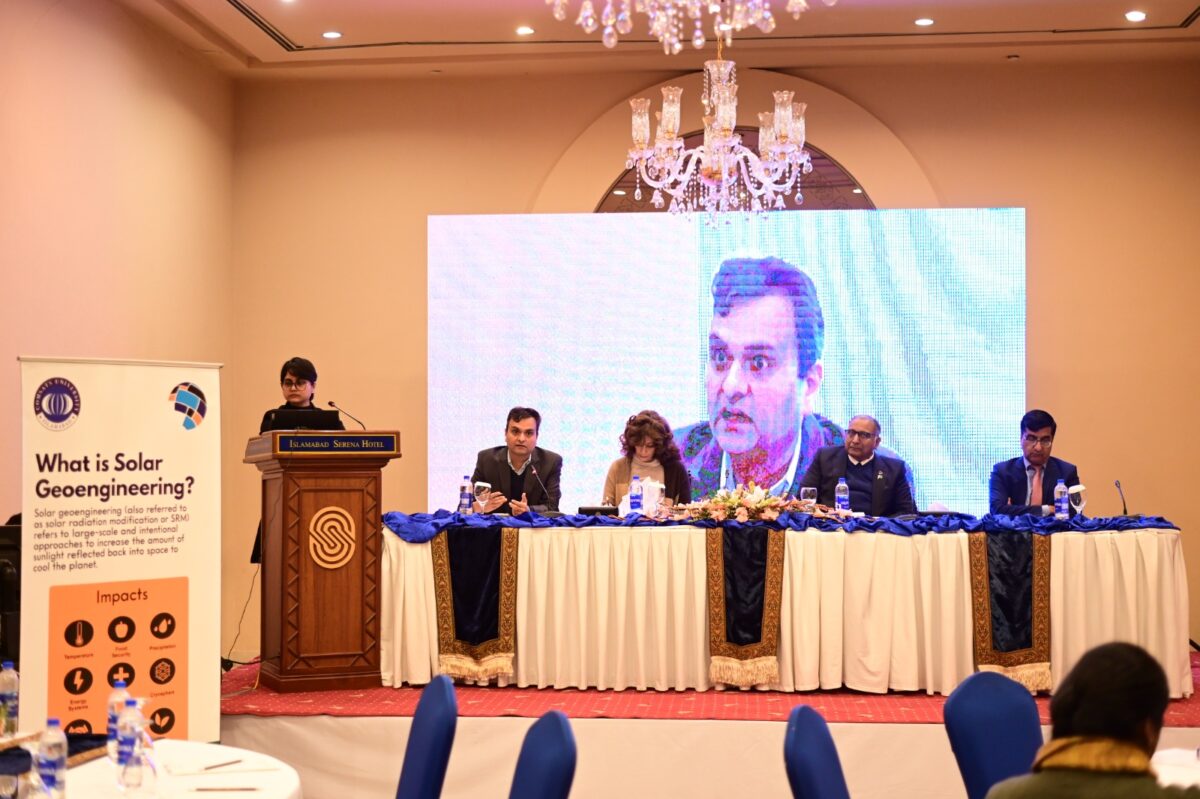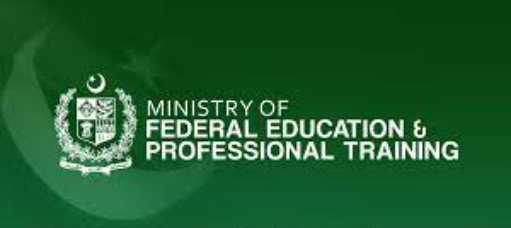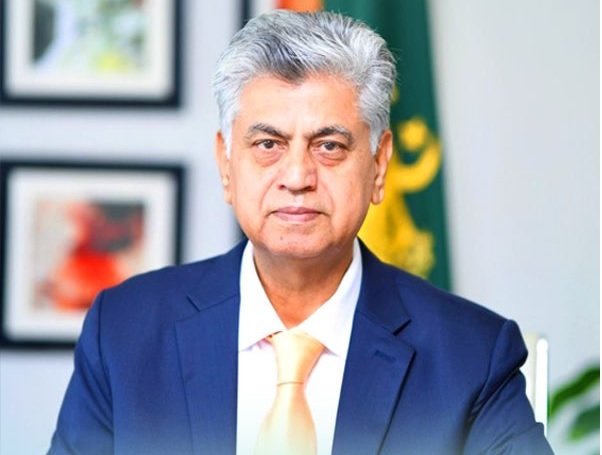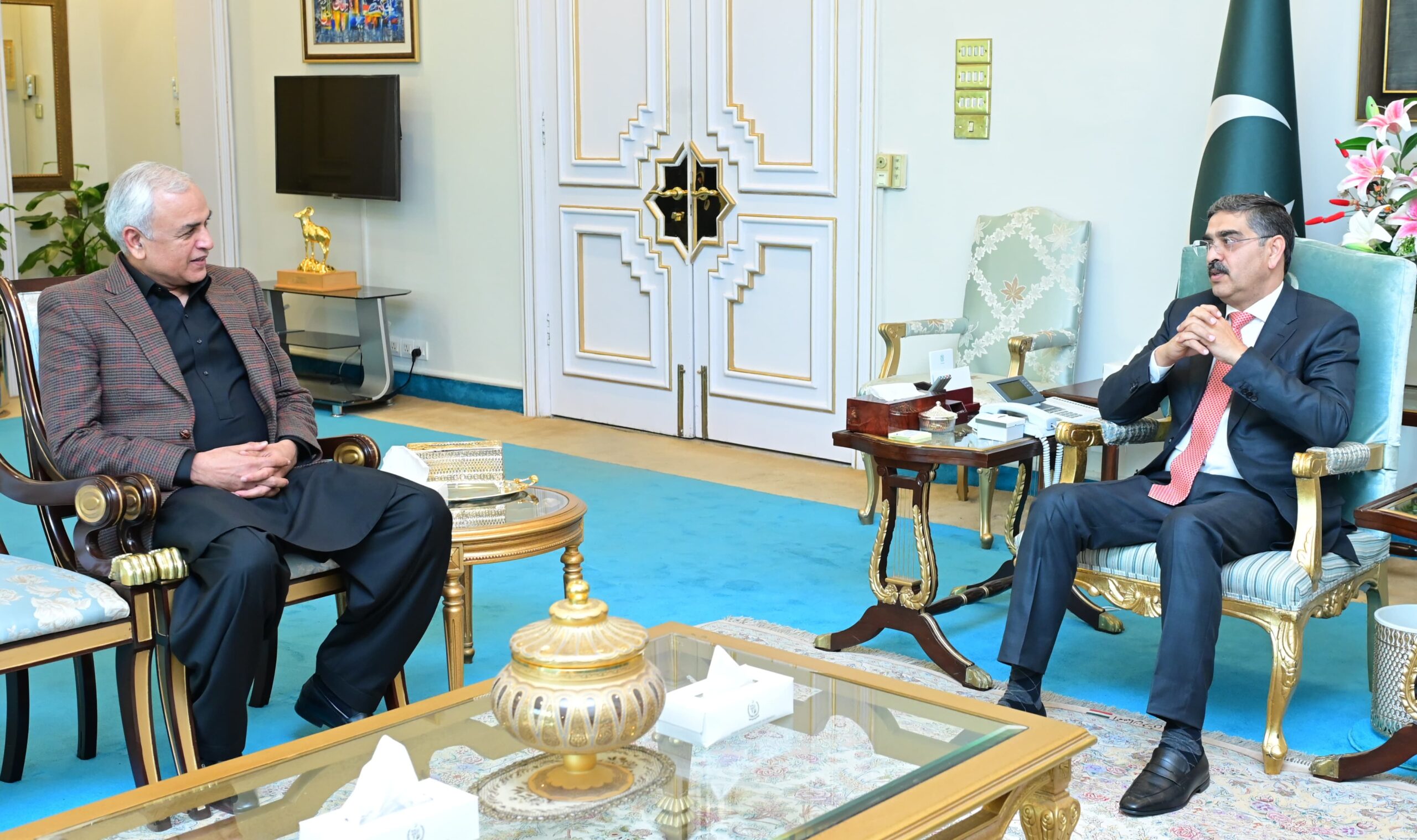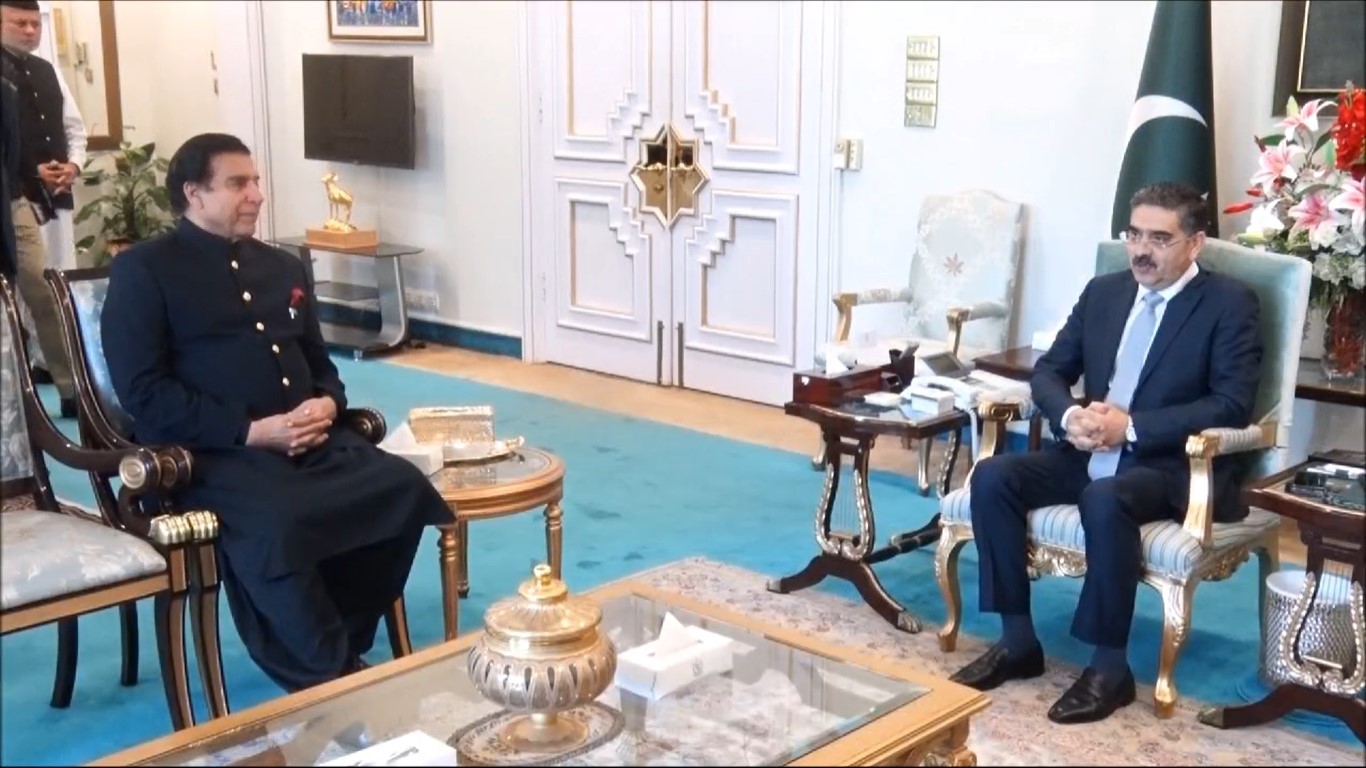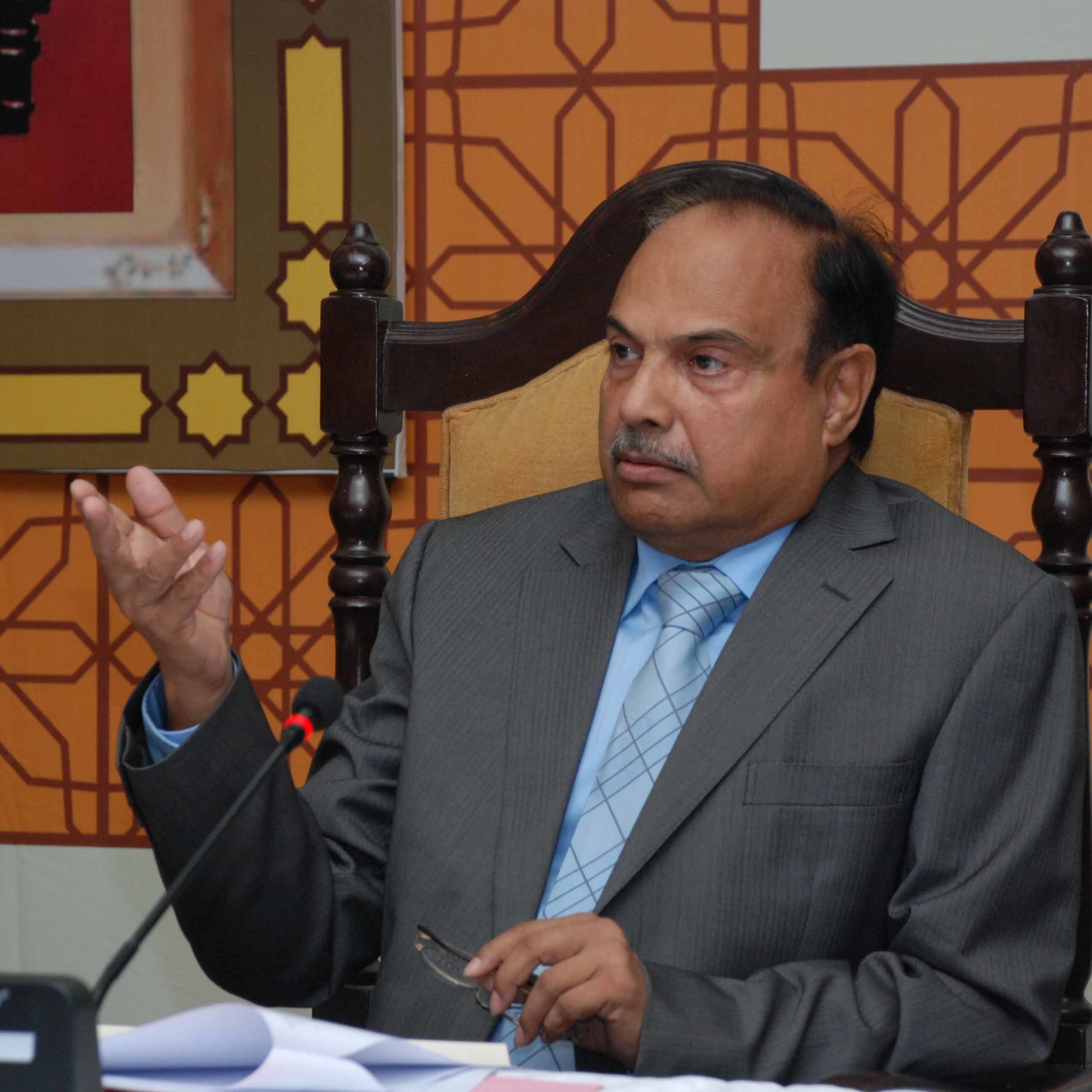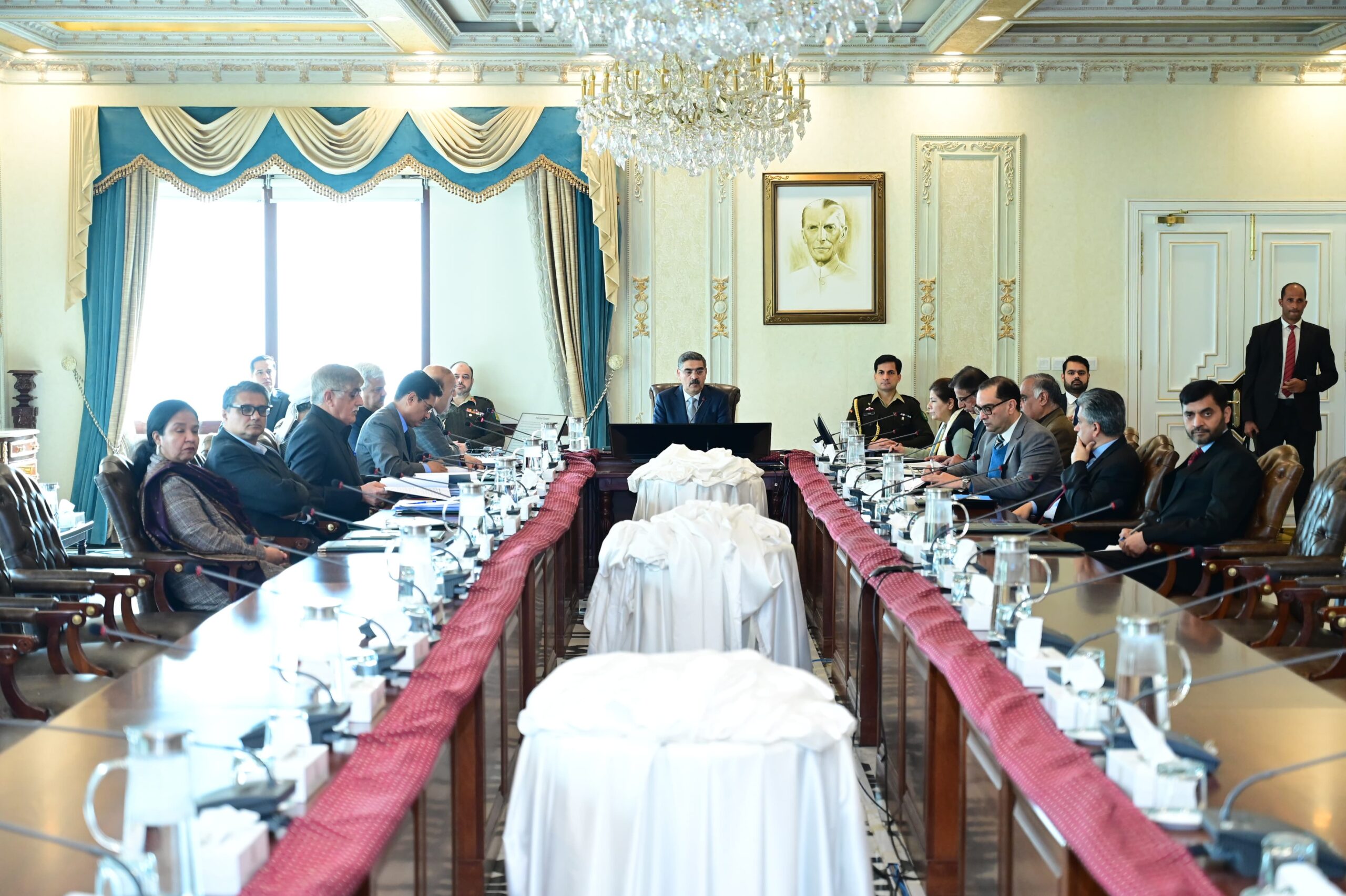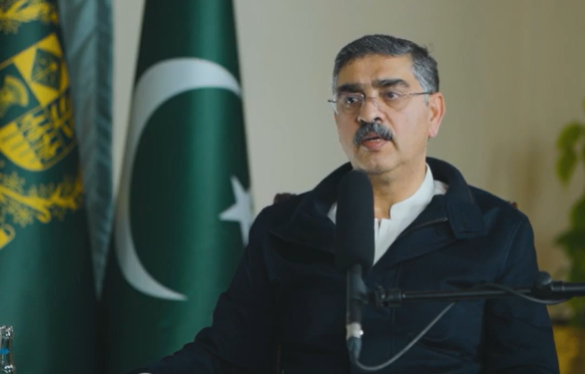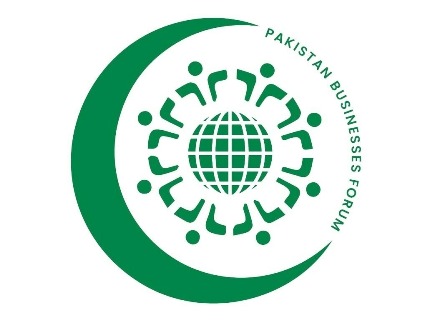By Rehan Khan
ISLAMABAD, July 02 (APP): Council of Islamic Ideology (CII) Chairman, Dr. Muhammad Raghib Hussain Naeemi on Tuesday introduced a detailed code of conduct for Muharram-ul-Haram, guided by the principles of the Paigham-e-Pakistan initiative.
Addressing a press conference in the presence of prominent scholars and religious leaders, he said this code underscores the necessity for all citizens to uphold the Constitution, respect the state, and consistently demonstrate their allegiance.
Dr. Raghib emphasized to respect for fundamental rights enshrined in the Constitution, including equality before the law, social and political rights, and the freedom of expression, belief, worship, and assembly.
He firmly rejected any duress in the name of implementing Islam, armed action against the state, violence, and chaos, labeling such acts as rebellion against the spirit of Islamic laws. He said no individual has the right to declare anyone, including government and security personnel, as infidels.
Dr. Raghib urged the scholars, religious leaders, and individuals from all sectors to fully support the state and its institutions, especially law enforcement and armed forces, to eradicate violence from society. He advised the citizens to avoid participating in movements based on linguistic, regional, religious, or sectarian prejudices against the state.
He condemned the promotion of sectarian hatred, armed sectarian conflict, or the imposition of views on others by force as a violation of Shariah and a cause of disorder. He said educational institutions, whether private, public, or religious, have been barred from promoting militancy, providing training, or fostering hatred, extremism, and violence, with legal action to be taken against those involved in such activities.
Dr. Raghib said strict administrative and punitive measures are outlined against those promoting extremism, sectarianism, and violence, regardless of their organization or belief. While all schools of thought in Islam have the right to preach their respective beliefs, he said spreading hatred or making derogatory remarks or baseless accusations against any person, institution, or sect is strictly prohibited.
He said the code prohibits any disrespect towards the Holy Prophet Muhammad (Peace Be Upon Him), all Prophets, the Mothers of the Believers, the Ahl al-Bayt, the Rightly Guided Caliphs, or the Companions. He emphasized that no individual or group should obstruct the investigation or prosecution of blasphemy cases. Only religious scholars are permitted to explain Shariah principles based on religious doctrine, with the decision to declare someone an infidel falling under the jurisdiction of the court, he added.
Dr. Raghib said the code also prohibits the promotion of terrorism, the provision of training to terrorists, their recruitment, or engagement in any terrorist activities. He said the curriculum in public, private, and religious educational institutions would include the etiquette of diverging opinions, recognizing educational institutions as the most suitable places for research on jurisprudential and ideological differences. He said all Muslim citizens and government officials are called to perform their duties in light of Islamic teachings and the Constitution.
He announced to impart Islamic teachings regarding the rights of elderly citizens, women, children, transgender individuals, and all other underprivileged groups at all levels. He said non-Muslim citizens have the right to practice their religion and perform religious rituals according to their beliefs.
Dr. Raghib said the code reaffirms Islam’s protection of women’s rights, prohibiting anyone from depriving women of their right to vote, education, and employment, or from damaging their educational institutions. He warned that practices such as honor killing, Vani, Karo-Kari, and Watta Satta are explicitly forbidden.
He highlighted that hate speeches from pulpits, or in gatherings and along with controversial discussions on sectarian topics in newspapers, on television, or on social media, are prohibited. He said freedom of expression is underscored as being subject to Islam and national laws, with a clear mandate that no media programme should promote sectarian hatred or undermine Pakistan’s Islamic identity.
Dr. Raghib expressed hope that this comprehensive code of conduct would promote peace, unity, and adherence to Islamic and constitutional principles during Muharram-ul-Haram and beyond, fostering a more harmonious and law-abiding society.
